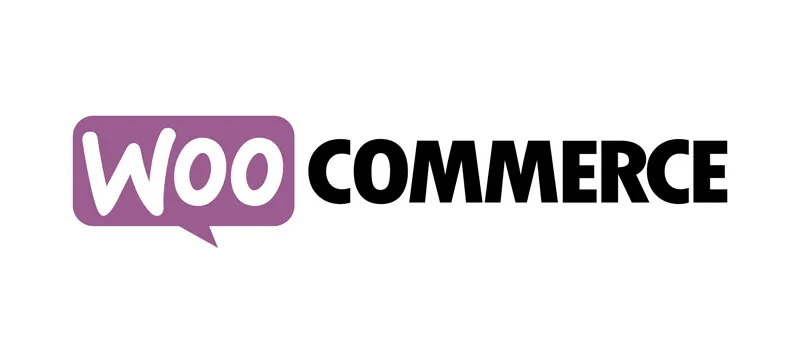WordPress has become a popular platform for building websites, including e-commerce websites. In this blog post, we will explore the pros and cons of using WordPress for e-commerce websites.
Pros of Using WordPress for E-commerce Websites
WordPress offers several advantages for building and managing e-commerce websites:
- Easy to Use: WordPress is user-friendly and easy to navigate, even for non-technical users.
- Customizable: With thousands of themes and plugins available, WordPress allows you to create a unique and personalized e-commerce website.
- SEO-Friendly: WordPress is optimized for search engines, making it easier for potential customers to find your e-commerce website.
- Mobile-Friendly: With more people accessing the internet through mobile devices, WordPress ensures that your e-commerce website is responsive and mobile-friendly.
- Community Support: With a large community of developers and users, WordPress provides ample support and resources for building and maintaining e-commerce websites.
Cons of Using WordPress for E-commerce Websites
Despite its advantages, there are also some potential downsides to using WordPress for e-commerce websites:
- Security Risks: As a popular platform, WordPress can be vulnerable to security breaches, especially if not regularly updated and maintained.
- Costs: While WordPress itself is free, costs can add up for premium themes, plugins, and other features necessary for e-commerce websites.
- Complexity: While WordPress is user-friendly, building and managing e-commerce websites can still require technical knowledge and experience.
- Dependency on Third-Party Plugins: Many e-commerce features require third-party plugins, which can create compatibility issues and increase the risk of security vulnerabilities.
- Limited Customer Support: While there is a large community of WordPress users, official customer support is limited, and may not be able to provide help for specific e-commerce-related issues.
Factors to Consider When Deciding Whether to Use WordPress for E-commerce Websites
Before deciding whether to use WordPress for your e-commerce website, consider the following factors:
- Business Goals: Consider your overall business goals and how your website fits into those goals.
- Budget: Consider your budget and how much you are willing to invest in your website.
- Technical Expertise: Consider your technical knowledge and experience, and whether you have the skills necessary to build and maintain an e-commerce website.
- Scalability: Consider the scalability of your website, and whether WordPress will be able to handle the growth of your business.
- Security: Consider the security risks and measures necessary to protect your e-commerce website and its customers.
Best Practices for Using WordPress for E-commerce Websites
To get the most out of WordPress for your e-commerce website, consider the following best practices:
- Choose a Reliable Host: Make sure to choose a reliable hosting provider to ensure your website is secure and runs smoothly.
- Use a Reliable Theme: Choose a well-designed, reputable theme that is optimized for e-commerce websites.
- Install Essential Plugins: Install essential plugins for e-commerce functionality, such as payment gateways, shopping cart systems, and product galleries.
- Optimize for SEO: Use WordPress SEO plugins and best practices to optimize your website for search engines.
- Regularly Update and Maintain: Keep your website up-to-date and secure by regularly updating WordPress, themes, and plugins, and implementing security measures.
Conclusion
Ultimately, whether or not to use WordPress for your e-commerce website depends on your individual needs and circumstances. While there are pros and cons to using WordPress, it remains a popular and effective platform for many businesses.
By considering the factors outlined above and following best practices, you can make an informed decision about whether to use WordPress for your e-commerce website. With the right approach, WordPress can be a powerful tool to help you achieve your online business goals.
Tip: If you’re still unsure about whether to use WordPress for your e-commerce website, consider seeking the advice of a web development professional.
Ready to create or take your e-commerce website to the next level? Let’s connect and discuss your project! Visit my Upwork profile and hire a skilled web developer who specializes in WordPress.





